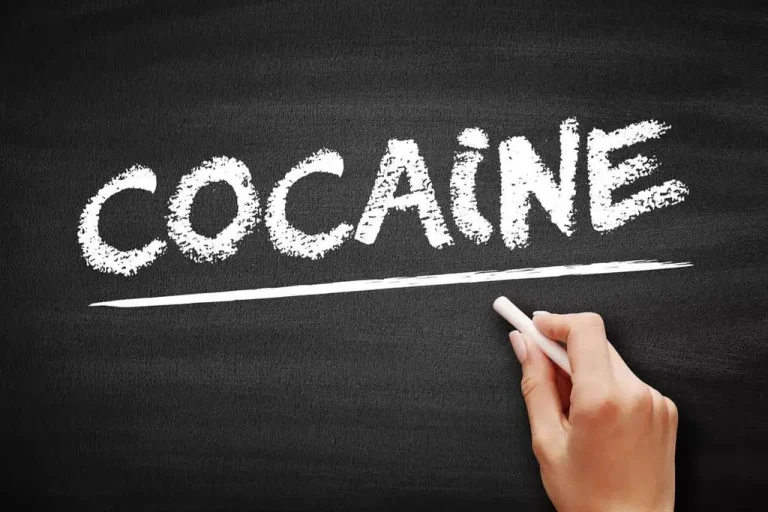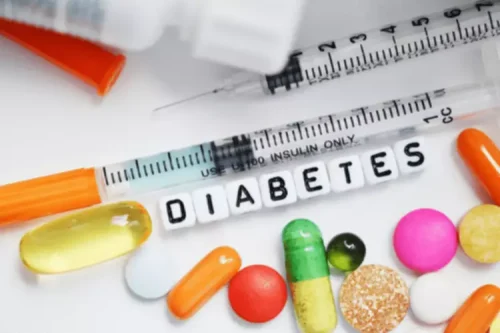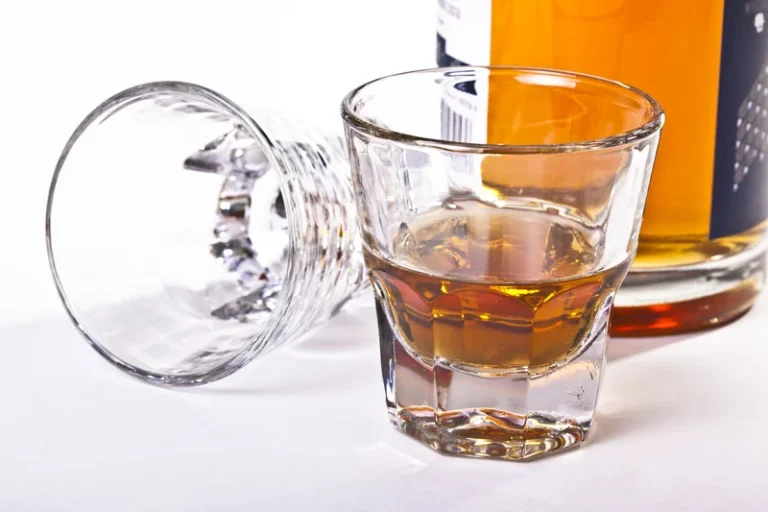
Alcohol shakes are typically present in the hands, but they may also appear in the arms or legs. Alcohol tremors can be debilitating and can make doing simple daily tasks much more difficult. In summary, alcohol shakes are milder tremors, while delirium tremens are a severe and potentially life-threatening form of alcohol withdrawal. If your symptoms are severe or if you have a history of heavy drinking, don’t hesitate to seek medical help. Medical professionals can prescribe medications and provide guidance to make the withdrawal process safer and more comfortable.
Expected duration of alcohol withdrawal
Unlike withdrawal without assistance, in a residential facility medication and 24 hour professional care are provided to manage your withdrawal. Those with chronic alcoholism require the therapy aspect of the programme to treat emotional triggers and continue in recovery. Symptoms from ceasing low levels of intake begin from 5-10 hours after the last alcoholic drink. Moderate drinking means 2 drinks per day for men, and 1 drink per day for women, with several drink-free days in the week [2]. Mild or casual drinkers consume low amounts of alcohol on rare occasions, using alcohol no more than once per week or a few times per month.
Alcohol Shakes and Delirium Tremens

Long-term alcoholics will have alcohol shakes due to brain damage, liver disease (cirrhosis), or Wernicke-Korsakoff syndrome. If sufficient scar tissue prevents the liver from eliminating ammonia and other toxins from the bloodstream, alcoholics with cirrhosis of the liver may experience how to stop tremors from alcohol uncontrollable shaking. The Wernicke-Korsakoff syndrome is typically diagnosed in alcoholics with significant thiamine deficiency resulting from malnutrition. Memory loss, alcohol shakes, and the inability to walk without assistance are symptoms of Wernicke-Korsakoff.

Alcohol Withdrawal FAQs
- Detox at home is when a specialist nurse visits 4 times a day for 15 minutes to check vital signs, but the rest of the process is completed with friends and family support.
- 5 – Identify Your Triggers – Recognise the situations, emotions, or thoughts that trigger cravings or the urge to drink.
- As part of both inpatient and outpatient programs, you’ll have access to various therapies that can aid in managing withdrawal symptoms and addressing the root causes of addiction.
- Moving forward, you may also need to go to patient and family counseling to discuss your alcoholism.
However, if you have a milder addiction, you could be eligible for an at-home detox. The detox timeline can vary from person to person, so it’s important to seek professional support beforehand. If you suffer from alcoholism and are going through alcohol withdrawal, it’s crucial to be aware that alcohol tremors are a potential side effect. Additionally, alcohol tremors may be a symptom of a more serious condition, like delirium tremens, which necessitate immediate medical attention. In order to treat alcohol tremors, you must first treat your alcohol withdrawal in a healthy and effective way. Someone likely to experience moderate to severe alcohol withdrawal should always seek medical attention to avoid complications and ensure they are comfortable during the process.
DTs typically occur 48 to 72 hours after the last drink and can be life-threatening if left untreated. Alcohol withdrawal is a series of physical and emotional symptoms that occur when someone accustomed to heavy drinking suddenly stops or significantly reduces their alcohol intake. These symptoms are the result of your body adjusting to the absence of alcohol, a substance it has grown dependent on. The range of symptoms can be wide and varies greatly from person to person, influenced by factors such as the length and intensity of alcohol use, your general health, and your physiology. Unlike regular alcohol tremors, DT is a medical emergency and can be life-threatening if it’s not treated.
- If The Recovery Village is not the right fit for you or your loved one, we will help refer you to a facility that is.
- Remission rates for those who undergo unassisted alcohol withdrawal are 50-80%, whereas rates for those who have assistance are between 20-50% [13].
- Alcohol shakes, also known as alcohol withdrawal tremors, are a common symptom experienced during alcohol withdrawal.
- Alcohol acts as a depressant on the central nervous system, slowing down brain activity.
- Alcoholism can also lead to liver disease, which, in its advanced stages, can cause a characteristic flapping or shaking of the hands known as asterixis.
Self-Assessment for Alcohol Use Disorder
The first, mildest withdrawal stage often occurs six to 12 hours after the last drink. Mild-stage symptoms may include shakes, anxiety, nausea, headache, sweating, and depression. An alcohol detox program provides medical supervision, emotional support, and holistic therapies to provide comfort. A detox program can help you avoid life-threatening complications during detox, including seizures and dehydration.
The Power of Supportive Relationships and Social Networks in Alcohol Recovery
If you notice signs of alcohol withdrawal, you may need the support of an alcohol addiction treatment program to detox safely. Treatment for the shakes in alcohol withdrawal often involves the use of medications, such as benzodiazepines, which can help reduce the severity of symptoms. In addition, medical supervision is important because withdrawal symptoms can indicate more serious underlying health issues and may necessitate further medical intervention. You’re probably wondering about the shakes because they’re one of the most commonly reported symptoms of alcohol control.
- ‘Even if one drink per hour is metabolised, multiple drinks can still pose a significant risk due to residual impairment,’ Ian adds.
- The absence of alcohol can cause these neurotransmitters to become imbalanced.
- Delirium tremens is dangerous, killing as many as 1 out of every 20 people who develop its symptoms.
Treatment for Alcohol Shakes
When individuals have been consuming alcohol heavily and regularly stop drinking or significantly reduce their intake, their body undergoes withdrawal. Once the alcohol is removed, the CNS becomes hyperactive, which can show up as tremors. In some people, as the withdrawal process continues, symptoms can worsen and develop into more severe symptoms, such as delirium https://ecosoberhouse.com/article/why-we-have-a-fear-of-being-sober-5-fears-about-it/ tremens, hallucinations, and seizures. It’s crucial to be aware of these symptoms and to understand that they are a normal part of the withdrawal process. Tremors and other symptoms of alcohol withdrawal can occur as soon as six hours after someone last had a drink. That’s why some alcoholics wake up shaky in the morning and need a drink to feel steady.

- National Library of Medicine, around 2% of individuals with alcohol use disorder also experience Delirium Tremens (DTs) during alcohol withdrawal.
- They offer both medical care and emotional support, which are essential in navigating this challenging phase.
- We will recommend the best approach for you; for example, if you have severe alcohol dependence, you may benefit from an inpatient medical detox.
- If you experience any of them, however, you should also seek medical attention right away.
- Medically assisted detox in a rehabilitation facility is highly recommended for individuals who wish to stop drinking.
Understanding the timeline for the withdrawal and detox process can be helpful. Because success in sobriety is so closely tied to preparation, it is important to know what to expect when you quit drinking and how long it may take. At home, alcohol is the only solution to ward off alcoholic tremens, delirium, or seizures. Unfortunately, when someone’s alcoholism has gotten this bad, drinking continues to make them more dependent on alcohol while temporarily relieving withdrawal symptoms.